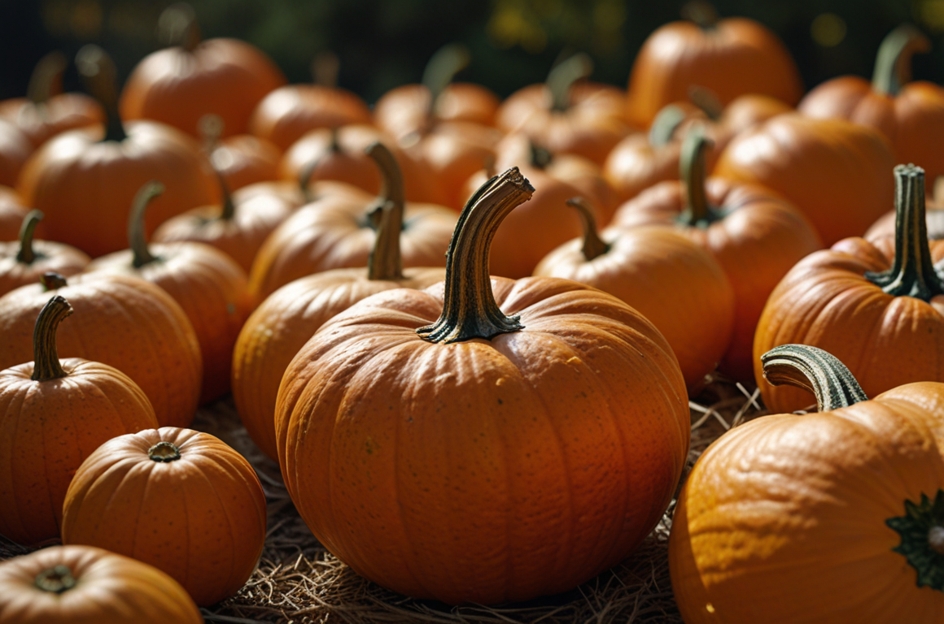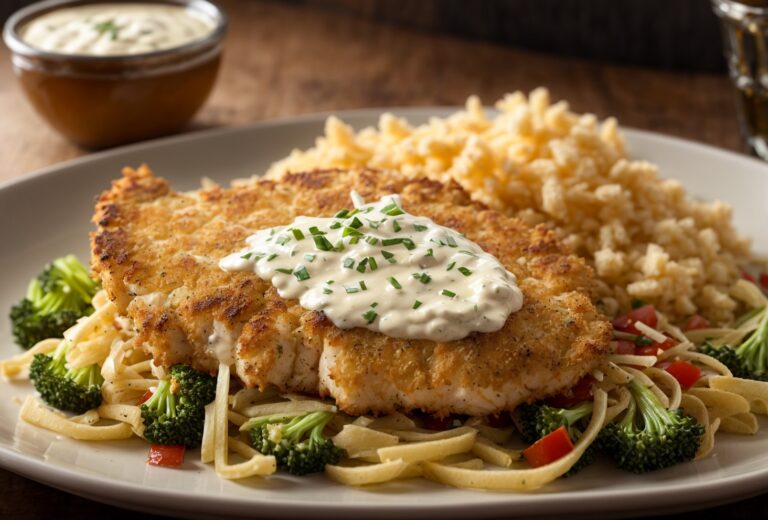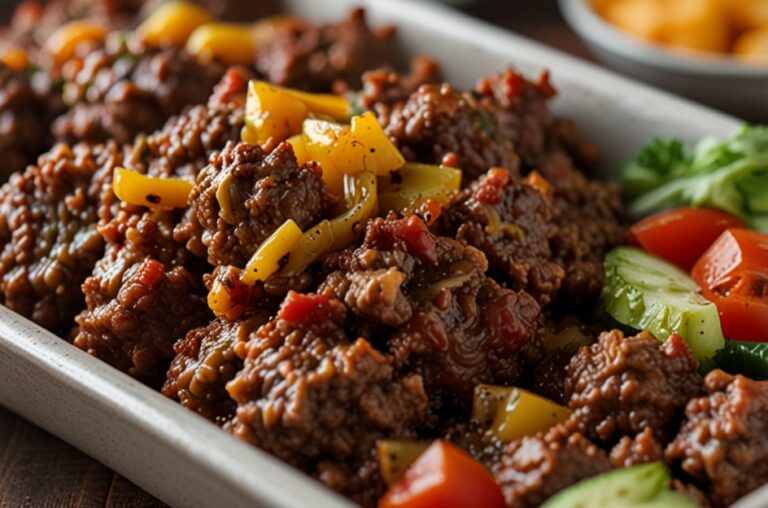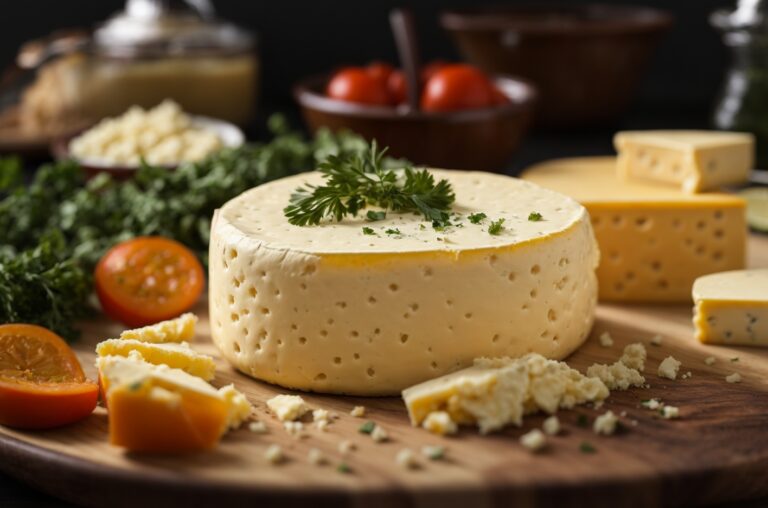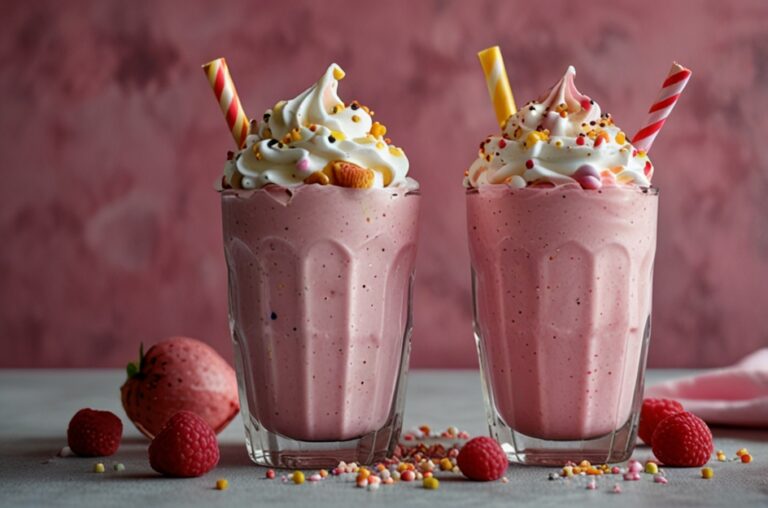What does pumpkin do to your gut?
Pumpkins are often associated with festive fall celebrations, but did you know that they offer substantial benefits to your digestive system? From improving gut health to preventing common digestive issues, pumpkins are more than just a versatile ingredient in your kitchen. This article dives deep into how pumpkins can positively affect your gut and how you can include them in your diet through delicious pumpkin recipes.
Table of Contents
| Sr# | Headings |
|---|---|
| 1 | The Nutritional Breakdown of Pumpkin |
| 2 | How Pumpkin Fiber Supports Digestion |
| 3 | Pumpkin as a Natural Prebiotic |
| 4 | Reducing Inflammation with Pumpkin |
| 5 | Does Pumpkin Help with Constipation? |
| 6 | Pumpkin Recipes for a Healthy Gut |
| 7 | Incorporating Pumpkin into Your Daily Diet |
| 8 | How Pumpkin Affects Gut Bacteria |
The Nutritional Breakdown of Pumpkin
Pumpkins are not only visually striking but are also packed with nutrients essential for gut health. You might wonder: What’s in a pumpkin that makes it so good for your gut? Well, let’s break it down.
One cup of cooked pumpkin contains about 50 calories and is rich in essential vitamins and minerals such as:
- Fiber: Pumpkins are an excellent source of dietary fiber, which plays a crucial role in supporting a healthy digestive system.
- Vitamins: Pumpkin is a powerhouse of vitamins, especially vitamin A, which helps maintain healthy mucous membranes in your digestive tract.
- Minerals: The potassium and magnesium content in pumpkin helps to balance your body’s electrolytes, promoting smooth muscle function in the intestines.
A Nutrient Comparison: Pumpkin vs. Other Squashes
Pumpkins may look similar to other types of squash, but their nutritional profile is unique. For example, pumpkin contains more fiber per serving compared to butternut squash, making it a superior choice if you’re focusing on digestive health.
How Pumpkin Fiber Supports Digestion
Fiber is one of the key components of a healthy diet, especially when it comes to digestive health. But how does pumpkin fiber specifically help your gut?
Think of fiber as a cleaning crew for your intestines. It sweeps through your digestive tract, collecting waste and pushing it out. Soluble fiber, which is found in pumpkins, absorbs water and forms a gel-like substance in your intestines, slowing down digestion just enough to let your body absorb nutrients.
Insoluble fiber, on the other hand, adds bulk to your stool and helps prevent constipation. This dual-action fiber content in pumpkins ensures that your digestive system works smoothly.
Fiber Content: Pumpkin vs. Apples
Apples are often praised for their fiber content, but a single serving of pumpkin provides about 3 grams of fiber—nearly the same as an apple! Including both pumpkin and apples in your diet is a fantastic way to support your digestive system.
Pumpkin as a Natural Prebiotic
Did you know that pumpkin can act as a natural prebiotic? Prebiotics are substances that promote the growth of beneficial bacteria in your gut, and they are essential for maintaining a balanced microbiome. A healthy gut microbiome is associated with better digestion, stronger immunity, and even improved mood.
Pumpkin contains specific types of fiber that feed the good bacteria in your gut. These beneficial bacteria, such as Bifidobacteria and Lactobacilli, help break down food, absorb nutrients, and protect your gut lining from harmful pathogens.
Imagine your gut as a garden. The fibers in pumpkin are like the fertilizers that help the good bacteria thrive, creating an optimal environment for gut health.
Reducing Inflammation with Pumpkin
Gut inflammation can lead to discomfort, bloating, and more serious digestive issues like irritable bowel syndrome (IBS). The good news? Pumpkin can help reduce inflammation in the gut due to its rich antioxidant content.
Pumpkins are packed with beta-carotene, a powerful antioxidant that reduces oxidative stress and inflammation in the body. Research has shown that beta-carotene can decrease the levels of inflammatory markers in the gut, potentially helping to alleviate conditions like IBS and Crohn’s disease.
Comparing Pumpkin to Other Anti-Inflammatory Foods
Pumpkin holds its own against other anti-inflammatory foods like turmeric and ginger. In fact, its combination of fiber and antioxidants makes it a particularly effective choice for reducing gut inflammation.
Does Pumpkin Help with Constipation?
If you’ve ever struggled with constipation, you know how uncomfortable it can be. But did you know that eating pumpkin could help alleviate this issue?
Pumpkin is loaded with both soluble and insoluble fiber, which work together to add bulk to your stool and promote regular bowel movements. When you consume pumpkin, its high water and fiber content soften your stool, making it easier to pass.
Pumpkin vs. Over-the-Counter Remedies
While many people turn to over-the-counter laxatives to relieve constipation, these products can sometimes cause cramping or dehydration. Pumpkin, on the other hand, is a natural remedy that offers relief without any unwanted side effects. It’s a win-win!
Pumpkin Recipes for a Healthy Gut
Ready to incorporate pumpkin into your diet for better digestive health? Here are a few easy and delicious recipes that not only taste great but also benefit your gut.
Pumpkin Soup
A warm bowl of pumpkin soup is not only comforting but also rich in gut-healthy fiber. By combining pumpkin with other fiber-rich vegetables like carrots and sweet potatoes, you create a nutrient-dense meal that’s easy on the stomach.
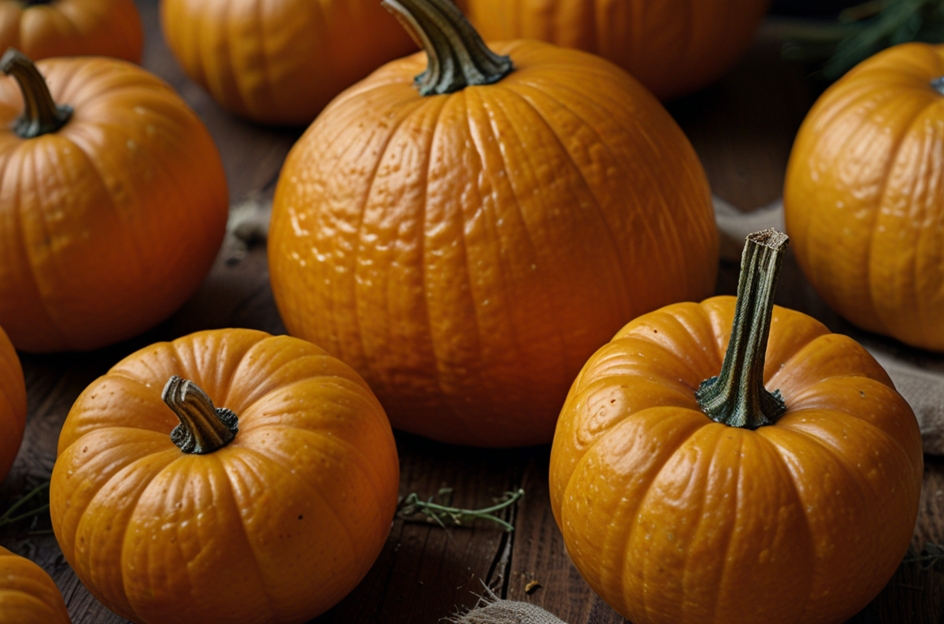
Pumpkin Smoothie
Pumpkin can also be added to your breakfast routine in the form of a smoothie. Blend it with some spinach, a banana, and a tablespoon of chia seeds for a fiber-packed drink that’s perfect for kick-starting your digestion in the morning.
Pumpkin Pancakes
For a more indulgent option, why not try pumpkin pancakes? These pancakes are made with pumpkin puree and whole wheat flour, providing a hearty dose of fiber in every bite. Plus, they pair perfectly with bacon—talk about a flavor combination that’s hard to resist!
Incorporating Pumpkin into Your Daily Diet
It’s easier than you think to incorporate pumpkin into your daily diet, even outside the fall season. Whether it’s adding a spoonful of pumpkin puree to your oatmeal or roasting pumpkin slices as a side dish for dinner, there are countless ways to enjoy the health benefits of this versatile fruit.
Easy Ideas for Busy Schedules
For those with limited time, canned pumpkin is a great option. It’s just as nutritious as fresh pumpkin and can be easily added to soups, smoothies, and even pasta sauces. You can also bake pumpkin bread or muffins in bulk and freeze them for quick, gut-friendly snacks throughout the week.
How Pumpkin Affects Gut Bacteria
Your gut is home to trillions of bacteria, both good and bad. The good news is that the fiber and nutrients in pumpkin can help tip the balance in favor of beneficial bacteria. Studies have shown that fiber-rich foods like pumpkin can increase the number of beneficial bacteria in your gut, which in turn can improve digestion and boost your immune system.
Incorporating pumpkin into your diet could also help lower the risk of gut-related diseases. By promoting the growth of good bacteria and reducing inflammation, pumpkin may help prevent conditions like irritable bowel syndrome, leaky gut, and even colon cancer.
Pumpkin vs. Probiotic Supplements
Many people take probiotic supplements to support gut health, but real food sources like pumpkin offer the same benefits—if not more. The combination of fiber, vitamins, and antioxidants in pumpkin provides a more holistic approach to supporting a healthy gut.
Conclusion
Pumpkin is more than just a fall favorite; it’s a nutritional powerhouse that can do wonders for your gut health. From promoting regular digestion to reducing inflammation, the benefits of incorporating pumpkin into your diet are numerous. So, the next time you’re thinking about what to add to your meal plan, don’t overlook the humble pumpkin. Whether you’re making a hearty soup, a refreshing smoothie, or indulgent pancakes, pumpkin is a delicious and nutritious way to support your digestive system.
FAQs
1. Is pumpkin good for people with IBS?
Yes, pumpkin’s high fiber content and anti-inflammatory properties can help alleviate symptoms of IBS, making it a beneficial food for those with this condition.
2. Can eating too much pumpkin upset your stomach?
While pumpkin is generally good for your digestion, eating excessive amounts may cause gas or bloating due to its high fiber content. Moderation is key.
3. Should you eat pumpkin if you’re prone to constipation?
Absolutely! The fiber in pumpkin can help relieve constipation by adding bulk to your stool and promoting regular bowel movements.
4. Is canned pumpkin as nutritious as fresh pumpkin?
Yes, canned pumpkin is just as nutritious as fresh pumpkin and is often more convenient for quick recipes.
5. How can I make pumpkin a regular part of my diet?
You can add pumpkin to your meals by blending it into soups, smoothies, or baking it into muffins. Canned pumpkin makes it even easier to include in everyday dishes.

